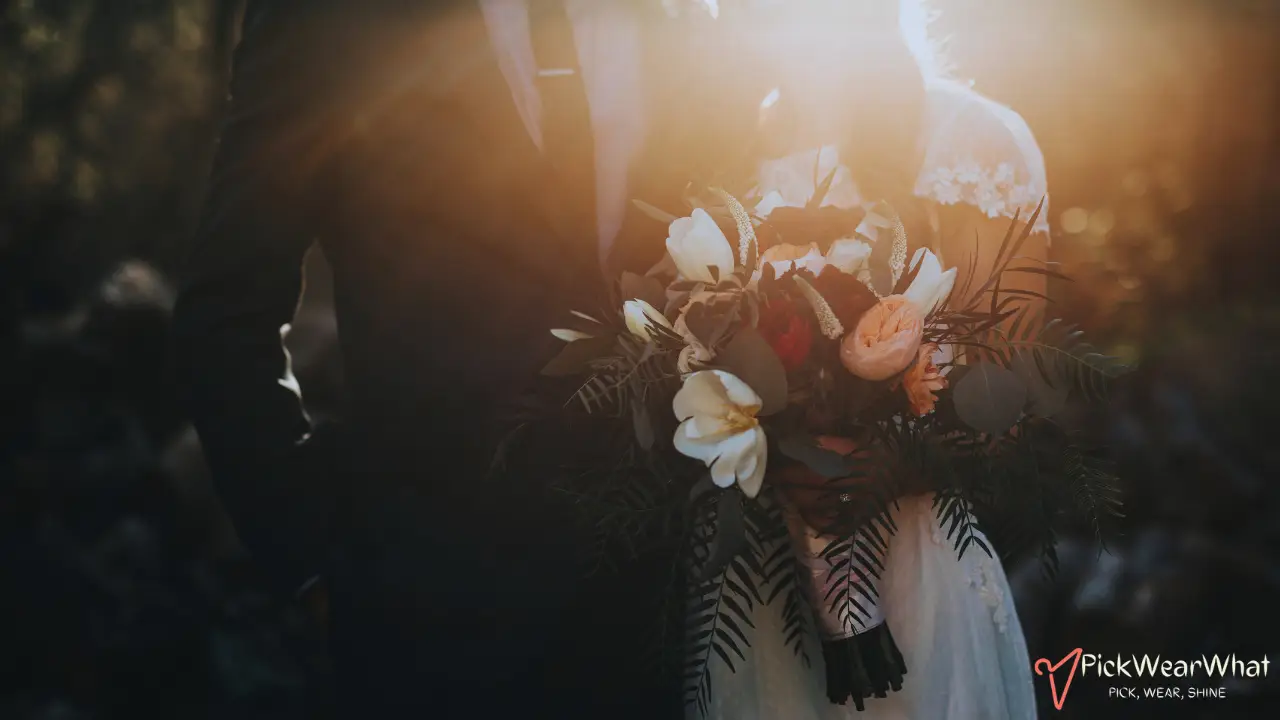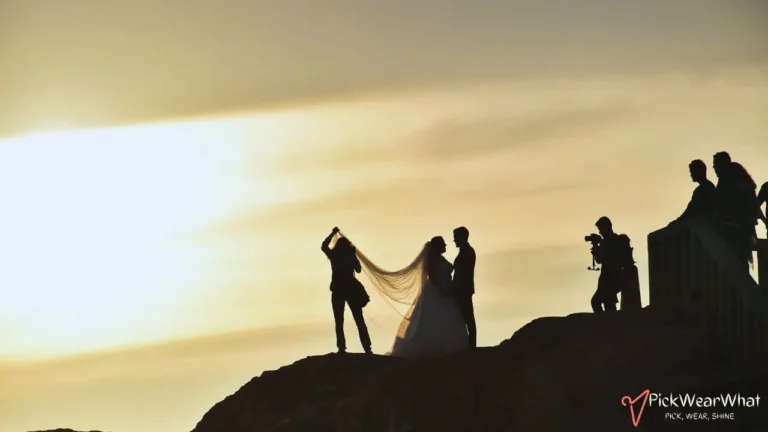When it comes to attending a Jewish wedding, understanding the significance of certain colors can make a big difference in respecting cultural and religious traditions. Over time, I’ve learned that color choices can speak volumes at a wedding, not only about personal style but also about how well you understand the nuances of the event.
There are several colors that, while fashionable, may not be the best choice when attending a Jewish wedding. Here’s a guide to help navigate what colors to avoid for these beautiful and sacred occasions.
Colors to Avoid at a Jewish Wedding
1. White: The Bride’s Domain
One of the most important rules when attending any wedding—Jewish or not—is to avoid wearing white. In Jewish tradition, the bride typically wears a white gown as a symbol of purity and new beginnings. By wearing white, you could be unintentionally upstaging the bride, which is considered disrespectful. This is especially crucial in Orthodox or traditional Jewish weddings, where the bride’s attire is highly symbolic.
While I’ve seen people opt for white dresses or outfits at other celebrations, it’s best to leave this color to the bride in Jewish weddings. The focus should always remain on her as she begins a new chapter with her partner.
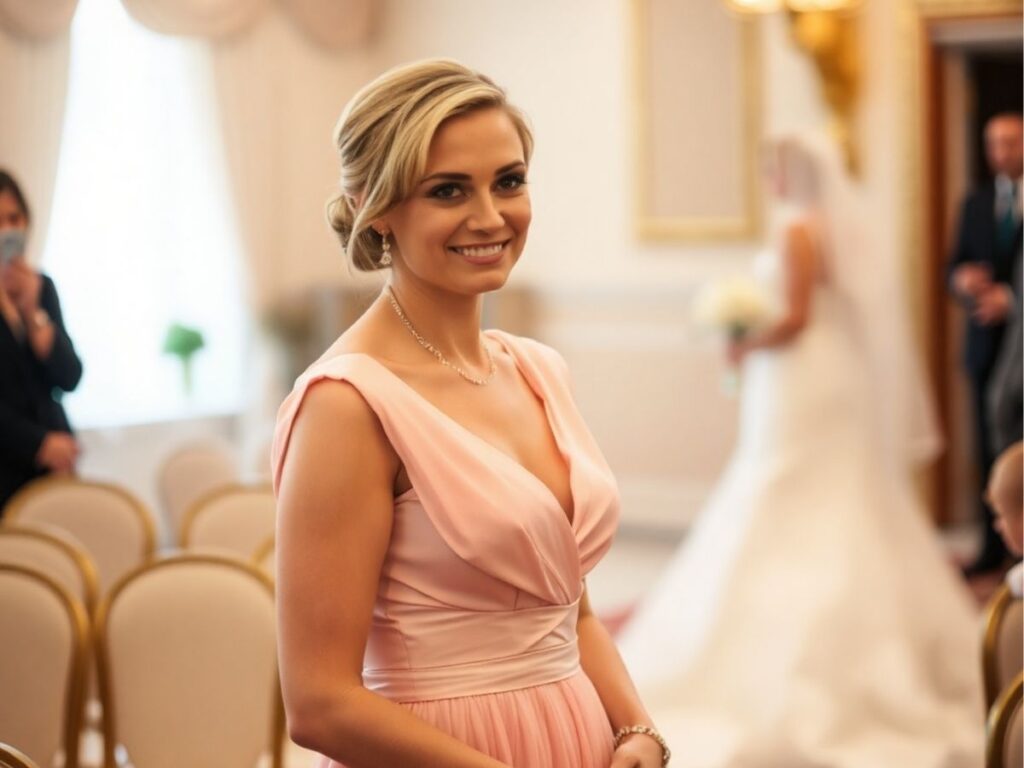
2. Black: A Color of Mourning
In many cultures, including Jewish traditions, black is associated with mourning or solemn occasions. Although black is a classic and elegant color choice, it may not always be appropriate for a wedding, especially in more traditional settings. While some modern weddings may allow guests to wear black, I’ve noticed that in Jewish weddings—particularly those with a religious or conservative element—wearing black can give off an unintended vibe of sadness rather than celebration.
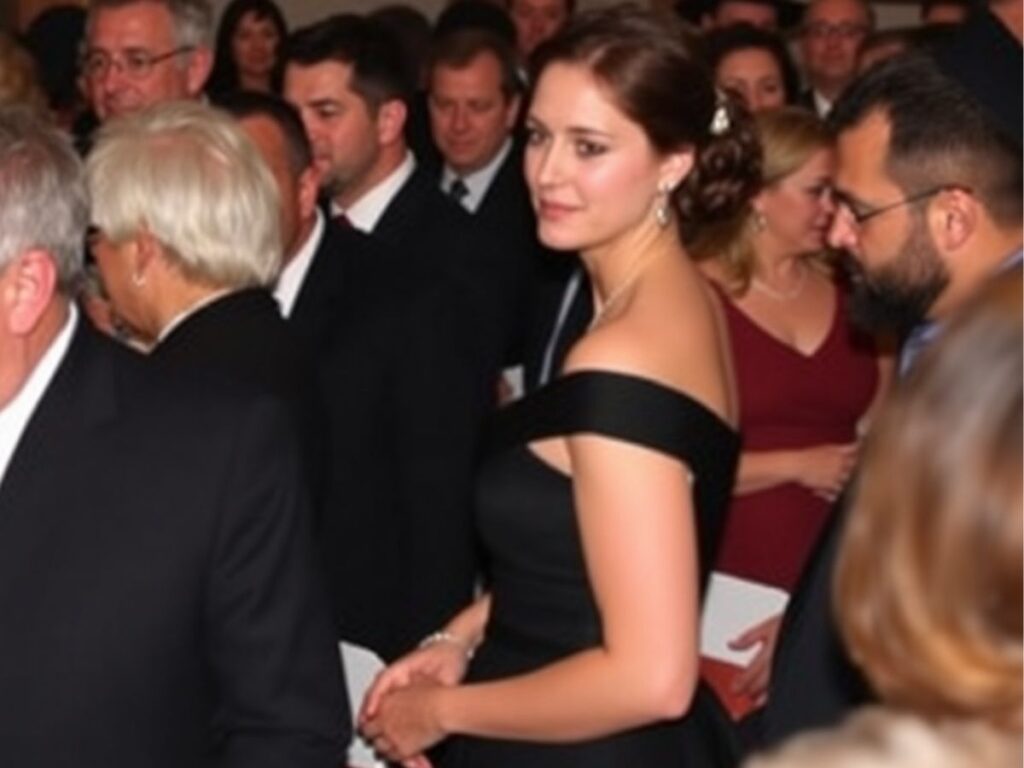
3. Red: Too Bold for the Bride
Another color to avoid is red, which in some Jewish cultures carries associations with danger, passion, and strong emotion. It’s a vibrant and attention-grabbing color, but it may take attention away from the bride. At a wedding, the bride should be the focal point, and red might inadvertently overshadow her. While red is a popular color for bridesmaids in some non-Jewish weddings, it’s often seen as inappropriate at Jewish weddings because it stands out too much.
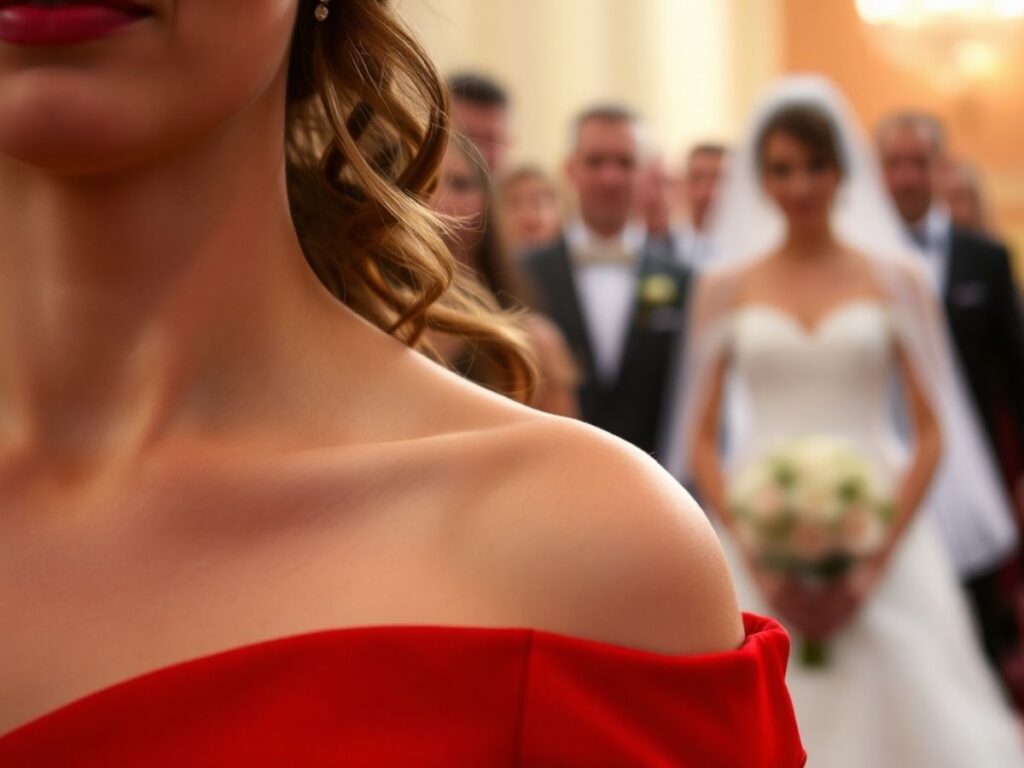
What Colors Are More Acceptable?
1. Subtle and Elegant Colors
Jewish weddings tend to emphasize modesty and respect. While I have seen guests wear darker hues like navy blue, gray, or earth tones, these colors reflect both sophistication and humility. These tones fit in beautifully with the celebratory yet respectful atmosphere. Soft, pastel shades like blush pink, mint green, or light lavender are also popular choices as they are festive but still restrained.
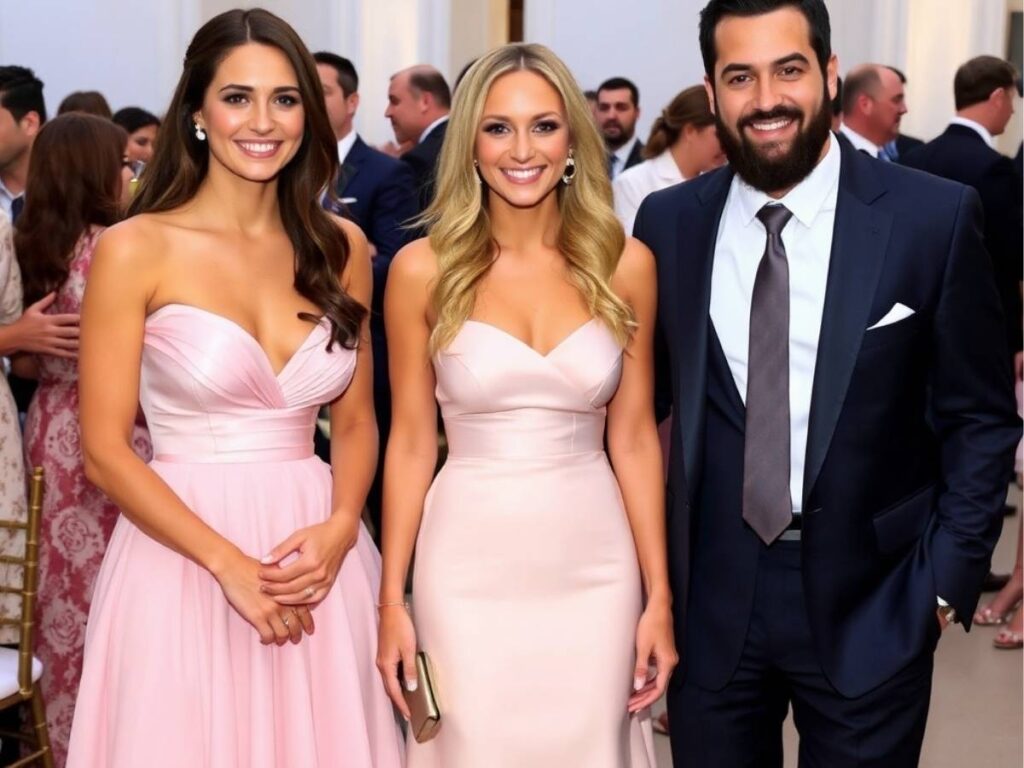
2. Avoiding Overly Flashy Colors
While a wedding is a celebration, it’s important to avoid any outfit that draws too much attention. Colors like neon or extremely bright shades should be avoided. These colors can be jarring and distracting, and it’s always better to lean toward more muted tones that complement the joyous occasion without competing with the bride’s dress or the ceremony itself.

3. Complementing the Wedding Theme
Jewish weddings often incorporate rich traditions and cultural symbolism, especially when the ceremony is held in a synagogue. If you know the couple well, you could subtly align your color choices with their wedding theme or personal style.
For instance, I once attended a wedding where the theme was gold and cream, and guests were encouraged to wear outfits in these colors. It’s always a good idea to check with the couple or the wedding planner to see if any color preferences or themes are suggested.
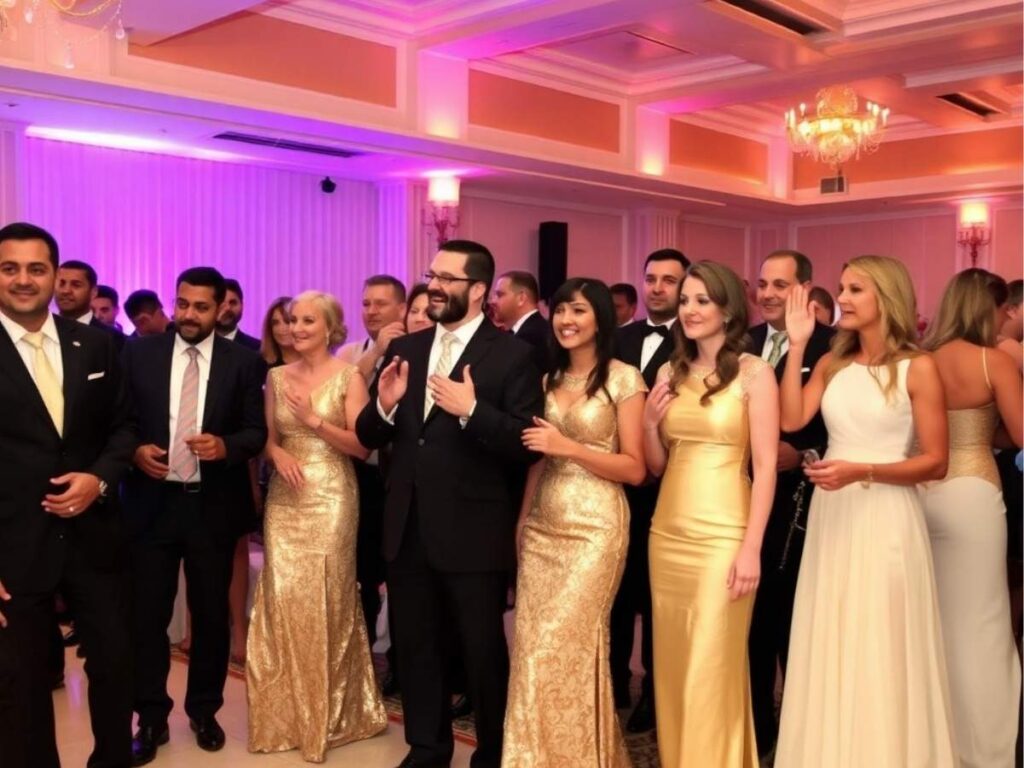
Conclusion: Respecting Traditions Through Color Choices
Attending a Jewish wedding is a beautiful and joyous occasion. However, what you wear can play a significant role in honoring the event’s cultural and religious traditions. By avoiding colors like white, black, and red, and opting for more modest, subtle shades, you show respect for the couple’s special day and the significance of their union.

